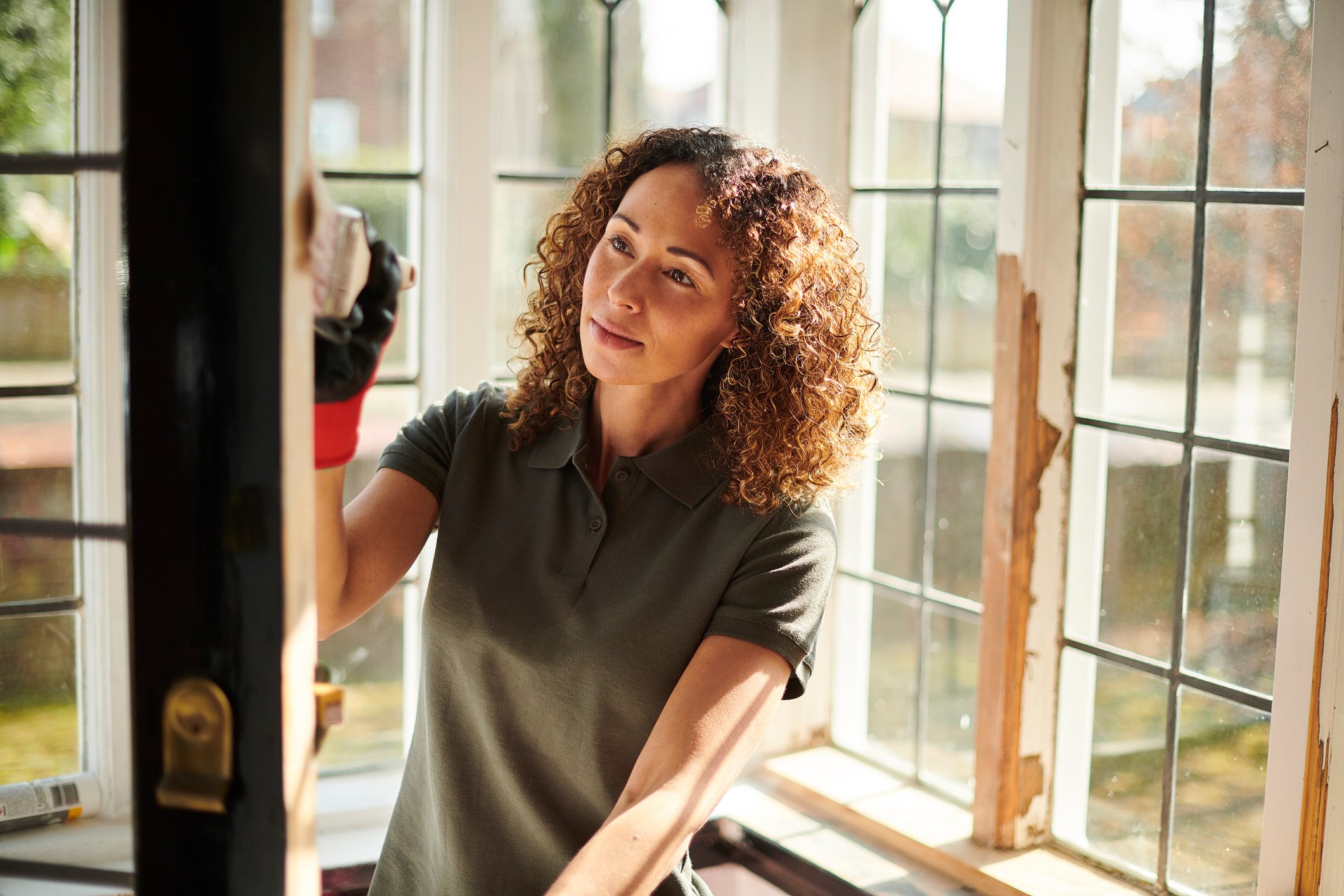Buying a house is the biggest purchase of most Australians’ lives, and the pile of things to consider when doing so is huge. There’s choosing the best home loan and finding the right house, as well as the large time commitment and a lot of paperwork. Along the way, it’s easy to get confused and overwhelmed, which can lead to less-than-ideal decisions that you might regret later. This list of first home buyer tips outlines five common mistakes, and how to avoid them.
Mistake #1: Choosing the wrong loan
There are literally hundreds of loan products out there. Finding the one that ticks all your boxes can be challenging. Don’t go it alone.
It’s generally a good idea to talk to either a financial planner or mortgage broker. These professional can direct you to the right product based on where you want to live and the sort of debt burden you’re comfortable with. Home loan professionals should also have a much better understanding of factors such as comparison rates to guide you through the process.
Understanding your personal circumstances and how they may change is also key to finding the best mortgage. If, for example, you opt to go for a fixed-term loan for up to five years at the outset of your mortgage, you should be aware that your loan will eventually revert to a standard variable rate. At that point, your repayments are likely to go up — so you’ll need to factor that in.
Ultimately, your decision should come down to what sort of risk you are comfortable with and how the mortgage can best maximise your return on investment.
You may feel overwhelmed by all the types of home loans available in Australia, but if you prepare a list of questions and prerequisites, it can help you ask the lender better questions so you can make a better final decision.
Mistake #2: Borrowing beyond your budget
One of the biggest mistakes first-time buyers make is borrowing more than they can realistically afford to pay back. Just because a bank is willing to lend you a certain amount doesn’t necessarily mean you should take it.
When it comes to a mortgage, it’s not just the amount of money you’re borrowing, it’s the sheer size of the commitment you are undertaking. Making regular repayments over decades means not only a high level of job stability but the means to keep making repayments if something happens — like an interest rate increase or sudden job loss
That’s why you should do some serious number-crunching to see what amount you really feel comfortable with repaying — on a monthly basis and over the full loan term.
» MORE: How much can I borrow for a home loan?
Mistake #3: Underestimating costs
Don’t just think about the deposit and how you can acquire that amount. You should also factor in a long list of other costs associated with obtaining a home loan.
Then there’s the costs associated with maintaining the home loan once you’ve obtained it, such as strata and council rates, maintenance and repairs. Higher interest rates also drive your repayments up. An increasing number of homeowners are struggling under the pressure of mortgage stress.
Calculate your monthly repayment at a higher percentage point rate to see how this would impact your lifestyle and budget.
Mistake #4: Not doing your research
This is a broad point because it applies to several things to consider when buying a house.
Neighborhood
First and foremost, you need to thoroughly research the area you want to live in. Look at historical price guides for the suburb and what similar properties to the one you want are selling for, so you’re prepared to ask the right questions at open houses. Also, research the area, not just the nice house you’re determined to buy. Make sure it’s where you want to live for the foreseeable future.
Home loan options and providers
Research mortgages as thoroughly as you can with the assistance of professionals to ensure your product is tailored exclusively to your situation. Then take some time to see where you can find the best value for some of the costs related to your mortgage.
Property title
Once you’ve found your property you then need to research the title deeds to ensure there is no debt remaining on the property or any other nasty surprises. Though, your solicitor should unearth anything in the conveyancing process.
Market fluctuations
Additionally, it’s important to stay knowledgeable about the property market to see what your property is worth for a potential revaluation that could give you greater financial options. Researching the mortgage market will also let you know if there are products out there that are superior to your existing mortgage.
Mistake #5: Not getting a building and pest inspection
Finally, you should always get a building and pest inspection if an up-to-date one isn’t readily available. This will ensure there are no defects that could cost you a fortune later down the track. A proper inspection will inform you of the structural condition of the house and anything else that requires attention to make the property livable.
There should be strata information available if you’re buying an apartment. Building inspections are also often covered in the conveyancing process — but not always — so check with your solicitor.
DIVE EVEN DEEPER

How the First Home Owner Grant Can Help You Buy a House
Here’s what you need to know about the First Home Owners Grant.

10 Questions To Ask Your Mortgage Broker
A mortgage broker can be a great asset whether you’re a first-time home buyer, looking for an investment property or are thinking about refinancing your existing mortgage. Make sure they’re a good fit for you by asking the right questions.



